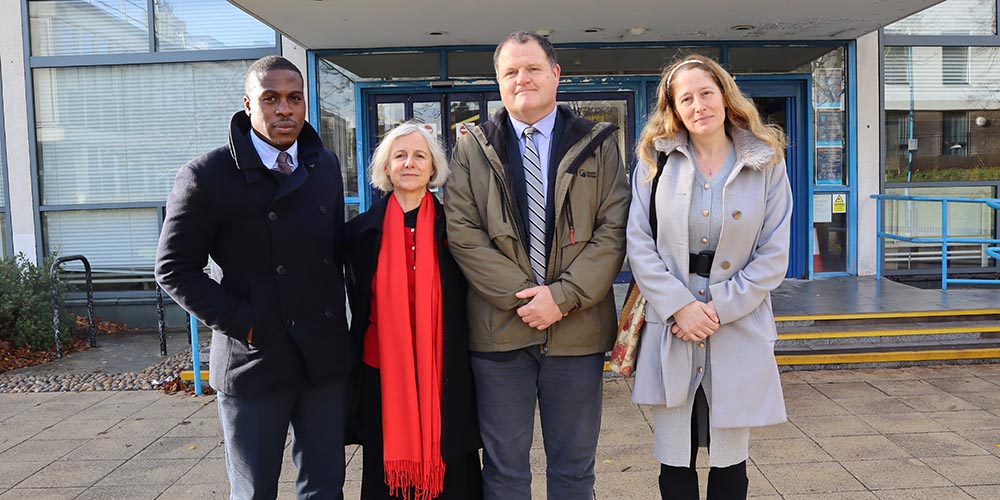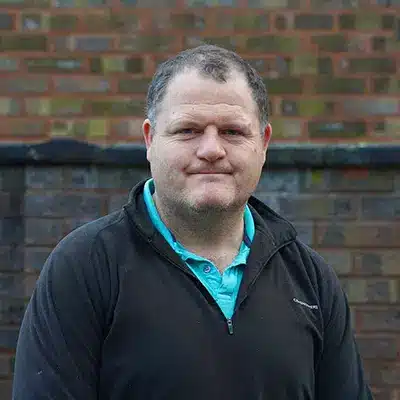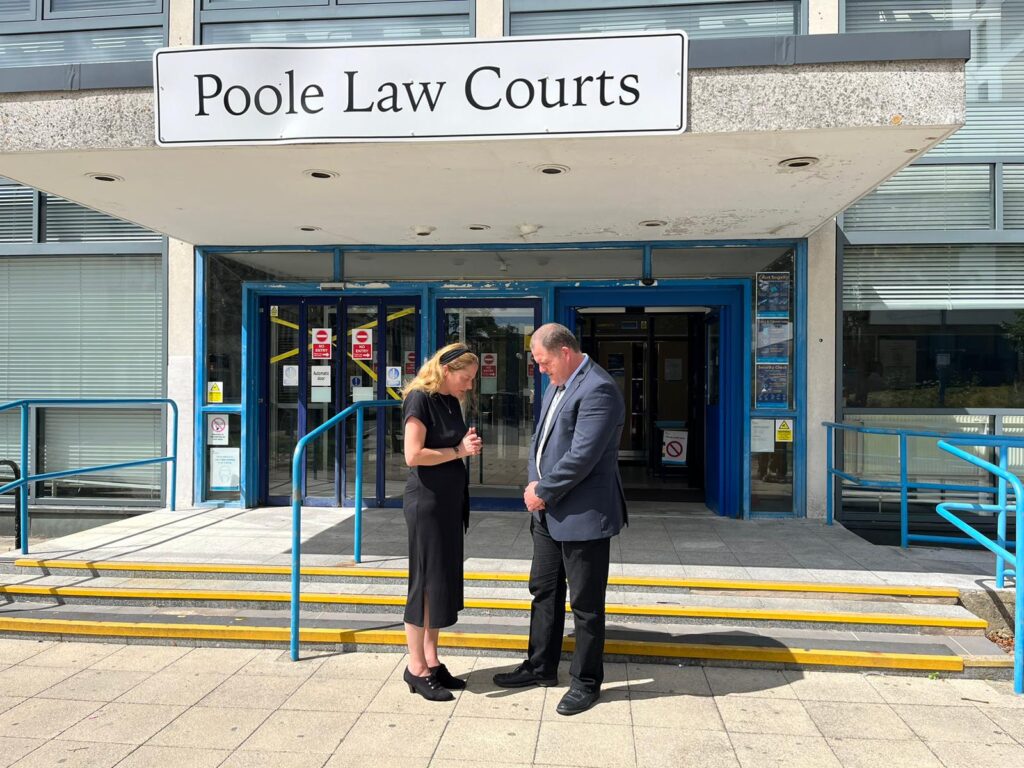In a democratic society, this authoritarian approach to governance must be rejected because freedom of thought is an absolute right under domestic and international law. In Birmingham, Isabel Vaughan-Spruce was arrested for praying silently in front of an abortion facility when it was closed. Now, all of her charges have been dropped without prosecution by West Midlands Police.
And Father Sean Gough also experienced the same measures enforced in a censorship zone when he held a “praying for freedom of speech” placard and sported an “Unborn Lives Matter” bumper sticker on his car while praying silently.
Thankfully, both were acquitted, and common sense prevailed.
We at ADF UK defend courageous people like Adam, Isabel, and Fr. Sean because we will always stand up for our guaranteed and






Europe’s Free Speech Crisis Is Making International Headlines